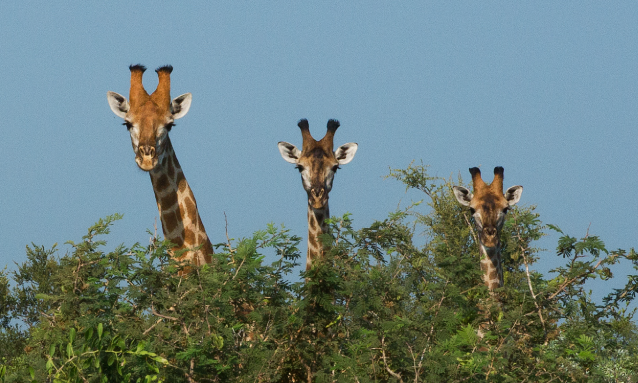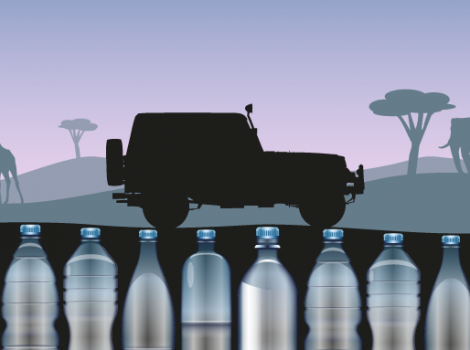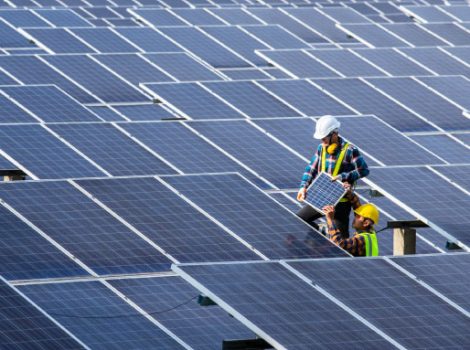
Concerns have been raised about the ability of governments to maintain their commitment to wildlife conservation in the face of competing health, economic and social priorities.
In several countries, arguments for rolling back environmental protections are gaining traction, including provisions that would newly authorise or expand extractive industries and infrastructure in protected and conserved areas. This is justified in part by initiatives to re-energise economies for a post-COVID-19 world, a UK Government research on the impact of COVID-19 on the illegal wildlife trade has found.
The report says with reduced resources, conservation areas will continue to suffer reduced capacities to undertake all of their functions, including detecting and preventing poaching and responding to fires and incidents of Human-Wildlife Conflict.
“The latter could lead to increased hardship to communities and, in turn, reduced tolerance for wildlife and conservation work.”
The report quotes United for Wildlife, which projected that across Africa, the poaching of elephants, rhinos, big cats and other species will significantly increase in reserves and protected areas which have been forced to reduce ranger force staffing levels, patrolling and intelligence operations, training, and/or equipment provision due to loss of tourism revenue or donor funds. Botswana is one of the African countries projected by ‘United for Wildlife’ to experience challenges post-COVID-19. Other countries include South Africa, Kenya, Namibia and Tanzania, where the organisation says protected areas lack mutually positive relationships with the local communities that surround them.
Founded by Prince William and The Royal Foundation in 2014, United for Wildlife aims to make it impossible for traffickers to transport, finance or profit from illegal wildlife products. The organisation aims to disrupt criminal networks globally by working collaboratively with transport and finance sectors, building key partnerships with law enforcement and NGOs, and sharing information and best practices across the sectors and across borders. Released earlier this year (2022), the UK Government research also says wildlife traffickers are highly adaptable and are likely to change their activities to seek out new illicit business opportunities as the environment changes.
“United for Wildlife anticipates that illegal wildlife traders ‘will easily adapt to the new macro market conditions and return to full profitability within 2-3 years, in line with the aftermath of the 2002-03 SARS outbreak. They also anticipate that illegal wildlife wholesalers may find opportunities arising out of the pandemic to expand their operations and market share.”
Restrictions on the sale and consumption of wildlife products that have recently come into force, especially in China and Vietnam, the UK research says, may create new illicit business opportunities such as selling and renting legally obtained wildlife trading permits, licenses and certificates to illegal traders. A case in point may be Botswana, which recently released quotas for the hunting of wildlife, including elephants, leopards and buffalos, among other wildlife. In late 2021 the Department of Wildlife and National Parks (Botswana) announced the wildlife hunting quotas for the year 2022.
The UK report also says Traffickers may begin to use legal wildlife supply and distribution chains such as supply networks for traditional Chinese medicine products as a cover for illicit activity, possibly shifting activities towards greater emphasis on species more easily covered by the legal trade including frogs, birds, turtles and snakes.
“Continued restrictions on physical wildlife markets are likely to continue to shift to online trading that has already been seen at both the wholesale and retail levels.”
The research says this may make wildlife traffickers more vulnerable to electronic surveillance and offensive cyber operations. The global tourism industry is expected to experience a slow recovery due to the effects of the pandemic. Recovery from past global disease crises is reported to have taken an average of 19.4 months (Global Rescue and World Travel & Tourism Council, 2019).
“But the COVID-19 pandemic has been significantly more serious than most disease outbreaks. In a survey of international tourism experts in October 2020, most expected international tourism would return to pre-pandemic levels only in 2024 or later,” the UK Government’s report says.
Source: https://www.sundaystandard.info/covid-19-expenditure-may-gnaw-at-conservation-efforts/



